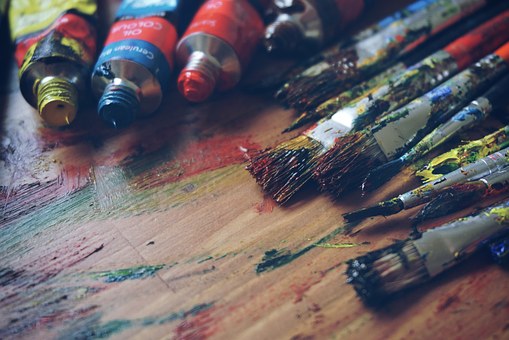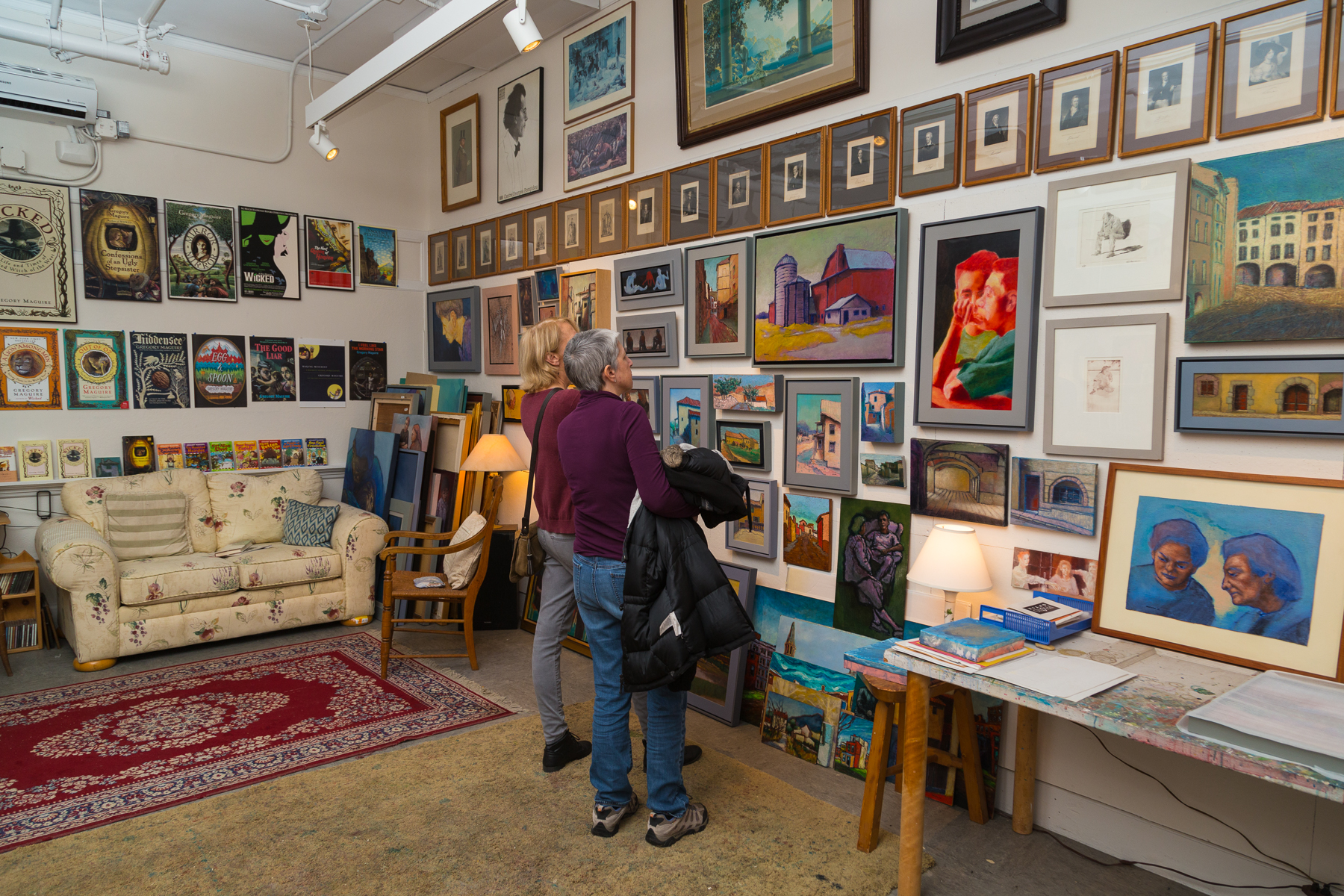Youth-Forward Climate Action Day
Saturday, April 20, 1-5PM
Indoors and Outdoors at The Umbrella Arts Center
In Association with Tapped In and the Cooler Concord Festival
Did you know that the fashion industry is responsible for 10% of global carbon emissions and is the second-largest consumer of the world's water supply?
Join us on April 20th from 1:00 to 5:00 PM for a youth-forward afternoon dedicated to reducing textile waste, encouraging creative repair, and celebrating upcycled and sustainably-produced design and community spirit!
Learn the art of mending, make toys out of recovered fabrics, take Youth-led art installation tours, try some delicious Beyond Meat foods, experience Casey Figueroa’s Heartbeat Space video installation, and become inspired by eco-conscious fashion designs – there's something for everyone during this youth-forward afternoon!
SCHEDULE OF ACTIVITIES
MEND-A-THON
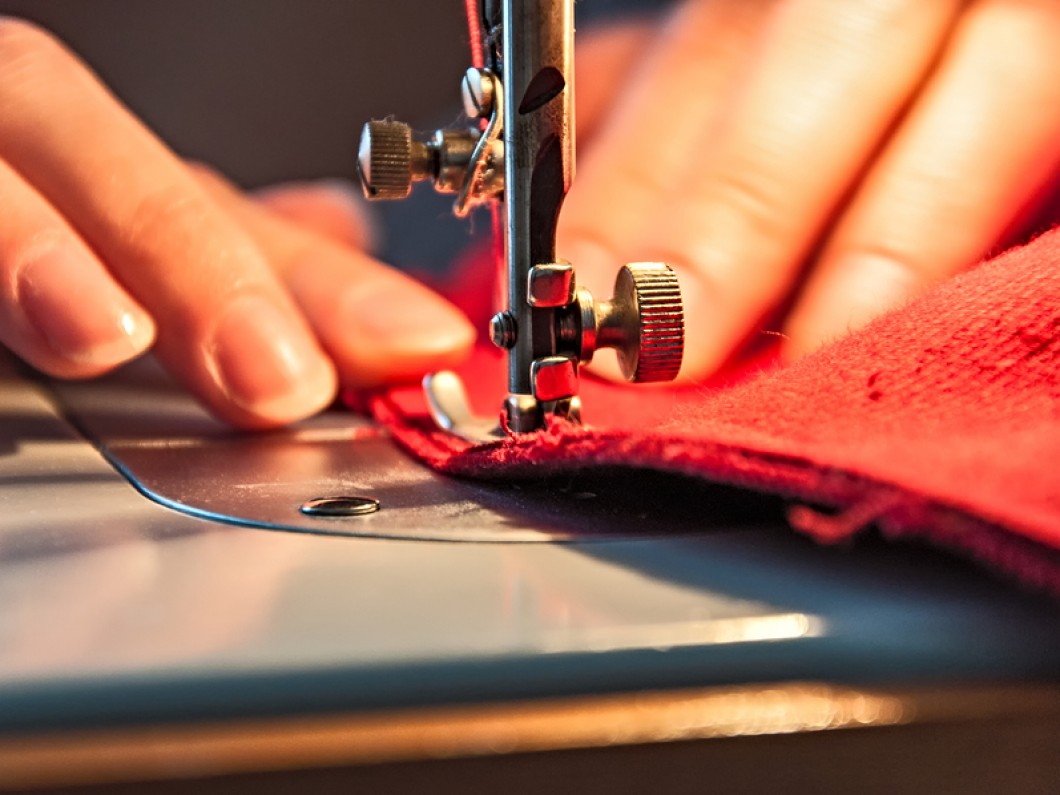 1-3PM Room 223, The Umbrella Arts Center
1-3PM Room 223, The Umbrella Arts Center
If you have clothing items in need of a little TLC, don't toss them out just yet! Whether it's a loose seam, a missing button, or a small tear, our volunteers will assist you in giving your clothes a new lease on life. Bring your items and learn helpful mending techniques through hand sewing and the use of sewing machines. Explore embroidery techniques and knit on knit sweaters to add your special touch to your clothes. No Experience Necessary.
By participating in our Mend-a-thon, you'll not only extend the lifespan of your clothing but also contribute to sustainability efforts by reducing textile waste. Every repaired garment means one less item ending up in landfills, helping to combat climate change and promote a more environmentally friendly approach to fashion.
TAPPED IN YOUTH-LED GUIDED TOURS
1-3PM, Front Lawn, The Umbrella Arts Center
Explore the artworks created through 10 artist-scientist collaborations for the outdoors exhibition TAPPED IN: Moving Hearts and Minds Through Art and Science
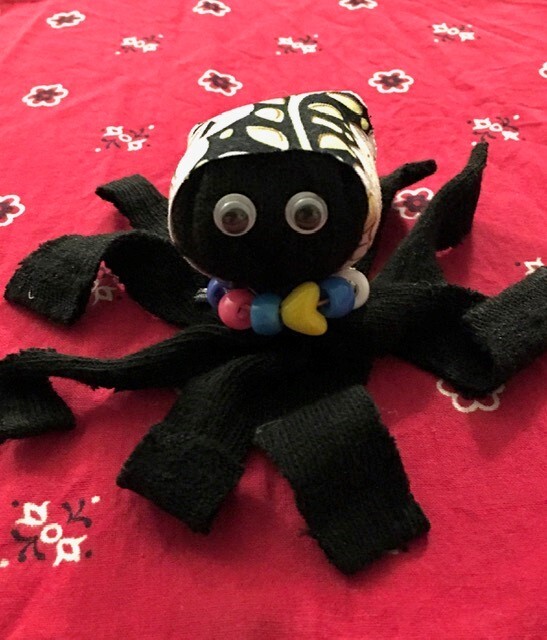 FREE FAMILY FUN: ECO TOY-MAKING
FREE FAMILY FUN: ECO TOY-MAKING
2-4PM, Room 222, The Umbrella Arts Center
Create a plush toy using fabric scraps in this instructor-led free drop-in activity!
Heartbeat Space video installation
3-4PM, Black Box Theater, Second Floor, The Umbrella Arts Center
Experience the Heartbeat Space video installation by TAPPED IN artist Casey Figueroa
SLOW-FASHION SHOW
Curated by Chenara Lamm, artist-in-residence at Elevated Thought, an art and social justice Lawrence-based organization, this Slow-Fashion Show features designs by rising eco-designers Stevie Leigh and Iris Munson, alongside creations by Chenara Lamm and her REWORK students at Elevated Thought.
These designers are redefining what it means to be fashionable while prioritizing ethical production practices and reducing textile waste. Join us as we celebrate style that is good for people and planet, and points the way to a more sustainable future.
Coordinating Team: Chenara Lam, Elevated Thought ; Linda Booth Sweeney and Stephanie Marlin Curiel, TAPPED IN Co-Curators; Mariko Prazar, MA Audubon Youth Leader
WHY SLOW FASHION?
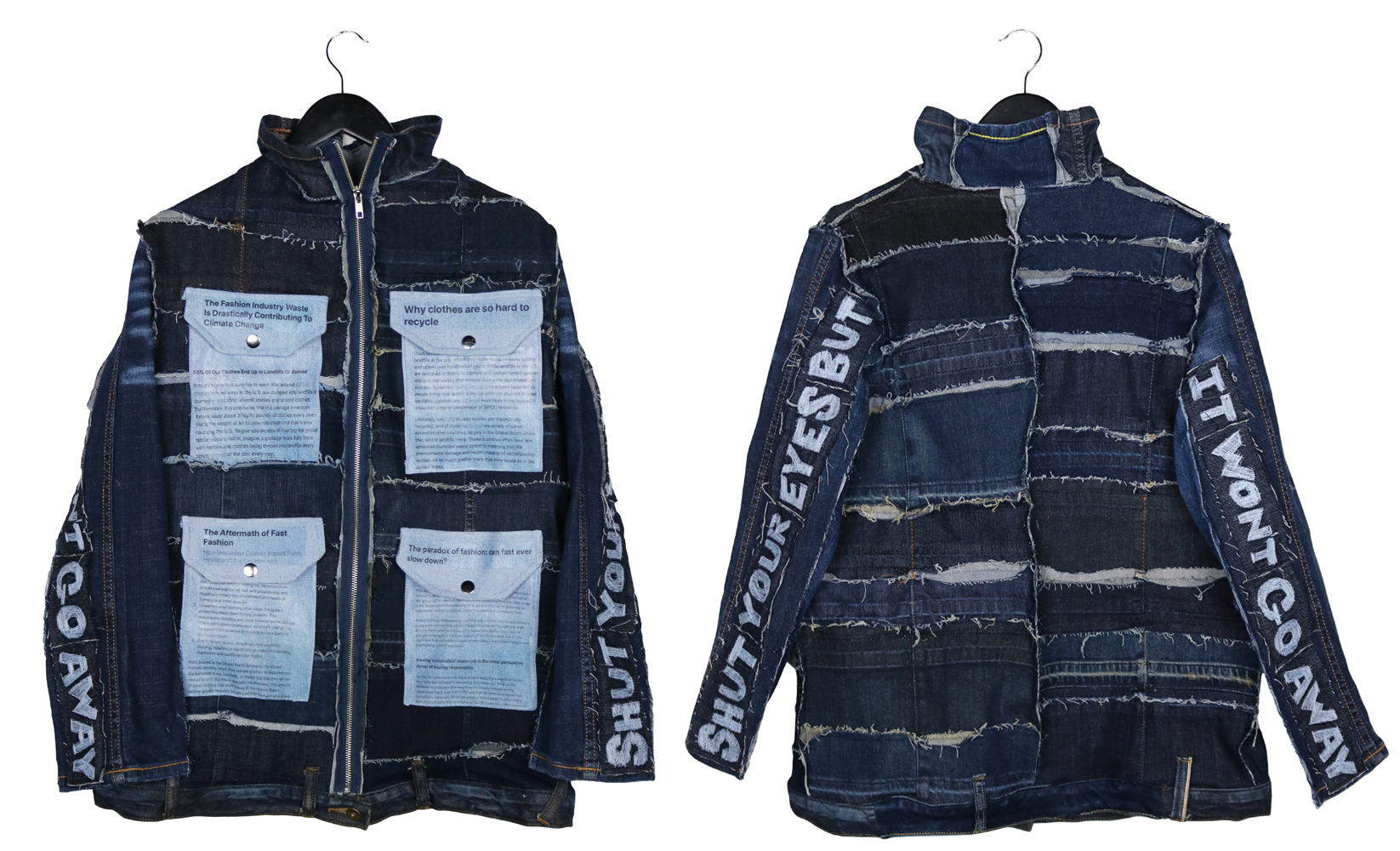 Today, due to rapid production cycles and consumer demand, we see the rise of FAST FASHION, inexpensive clothing produced rapidly by mass-market retailers in response to the latest trends. Unfortunately, the affordability of these clothes often leads to a disposable mindset, where it's easier to discard a $15 shirt than to repair it. The clothes, often worn once or twice, are tossed in the trash, adding to landfills, contributing to microplastics in the environment, and fueling the demand for more textile production, leading to even more greenhouse gas emissions.
Today, due to rapid production cycles and consumer demand, we see the rise of FAST FASHION, inexpensive clothing produced rapidly by mass-market retailers in response to the latest trends. Unfortunately, the affordability of these clothes often leads to a disposable mindset, where it's easier to discard a $15 shirt than to repair it. The clothes, often worn once or twice, are tossed in the trash, adding to landfills, contributing to microplastics in the environment, and fueling the demand for more textile production, leading to even more greenhouse gas emissions.
In response, SLOW FASHION reduces textile waste through practices and principles that seek to minimize the environmental impact of clothing production and consumption. Some ways in which slow fashion helps reduce textile waste include:
- Repair and maintenance: Slow fashion encourages repairing and maintaining clothing items rather than discarding them when they develop minor issues or show signs of wear. This could involve simple repairs such as stitching up a small tear or replacing a button, extending the lifespan of garments.
- Upcycling and repurposing: Instead of disposing of old clothing, slow fashion promotes finding new uses for them through upcycling or repurposing. This could involve transforming old garments into new pieces of clothing or accessories, reducing the need for new materials and minimizing waste.
- Durability and quality: Slow fashion emphasizes the production of high-quality garments that are built to last. These items are less likely to wear out quickly and end up in landfills, reducing the overall amount of clothing waste generated.
- Clothing swaps and secondhand markets: Slow fashion encourages the exchange of clothing through swaps, thrift stores, and secondhand markets. By giving pre-loved items a new home, these practices help extend the lifespan of clothing and reduce the demand for new garments, thus decreasing textile waste.
- Minimalism and conscious consumption: Slow fashion advocates for mindful and intentional consumption, encouraging consumers to buy fewer items – of higher quality – and to choose versatile pieces that can be worn in multiple ways. By avoiding impulse purchases and focusing on what they truly need, consumers can reduce the amount of clothing they discard over time.
SLOW FASHION approaches look to reduce textile waste across the clothing lifecycle, from production to consumption to disposal. By prioritizing durability, repair, reuse, and conscious consumption, slow fashion minimizes the environmental impact of the fashion industry and promotes a more sustainable approach to clothing.


